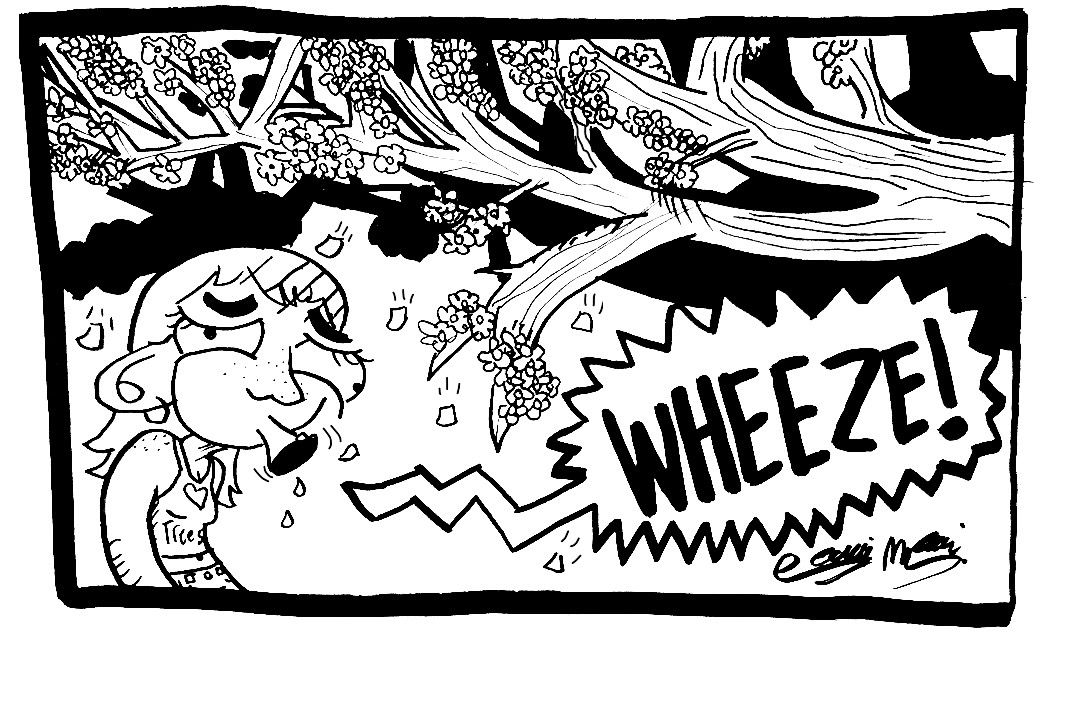Political excitement fills the air in Washington today. The general elections are still months away and yet, people just cannot help themselves from focusing constantly on the next president’s administration. In fact, all over the country people cannot stop focusing on November, on next year, on the future.
Of course the future’s important. And it is definitely exciting. But what about this year?
This week at GW, the talk is all about Barack Obama, Hillary Clinton and John McCain. It was about Ohio and Texas, it is now about Pennsylvania and the next seven weeks. This week in the U.S., primary season continues full-force.
But this week in Sudan, election talk was confined to silenced complaints about a rigged census that could result in the marginalization of thousands of Southern Sudanese. This week, the government of Sudan continued its scorched-earth campaign against innocent civilians of Darfur, which was revived with terrifying fervor three weeks ago. This week, the people of Darfur are seeing firsthand the failure of an undermanned and underfunded peacekeeping force. This week, the government of China continues to supply the genocidal government of Sudan with weapons to commit the murders.
I speak about Sudan because of my work with GW STAND: A Student Anti-Genocide Coalition. But my point is not limited to the genocide in Sudan. All over our country, and all over the world, there are issues that will not stand still as the election season wraps up.
As important as the primaries are to our country, it is time to realize that this week, George W. Bush is still the president of the United States. Maybe it’s not the most scholarly of examples, but in the sixth season of my favorite show, “The West Wing,” Leo says to the staff in a classic inspirational moment: “We have the ability to effect more change in a day in the White House than we will have in a lifetime once we walk out these doors. What do you want to do with them?”
It’s time for us to ask the president the same question.
His recent trip to the African continent proves that Bush is thinking hard about what his legacy will be when he leaves office. The president’s Africa policy is widely considered one of his most successful, as he pointed out in countries like Rwanda and Benin throughout his trip. But that does not mean he has done enough. He has not stopped the genocide that he correctly labeled for the first time four years ago, even though he could help fund the peacekeeping force on the ground in Darfur and use diplomatic pressure to apply a solution that addresses all regions of the country. And members of the Student Global AIDS Campaign might tell you that the President’s Emergency Plan For AIDS Relief (PEPFAR) is offering only marginal increases in funding that do not correspond with the spread of the devastating pandemic.
On Iraq, the focus is on what the presidential candidates will do to end the war if they become president. But for Bush, there is no if; he is the president of the U.S., and he can be pressured to change his Iraq policies. Dissatisfaction with the war does not need to be solely focused on the candidates. Lame duck or not, the president can effect a great deal of change. Bush is clearly focusing on his legacy, and, as the most politically active school in the nation, we have a responsibility to think about what that legacy will be.
Groups like STAND and the Student Global AIDS Campaign aren’t taking their eyes off the president, but it is important that everyone is aware of the potential for accomplishment that remains in the next 10 months. I like elections, too. I believe that we need to vet the candidates thoroughly to ensure that any one of them is ready to effect real change on Jan. 20, 2009. I believe in knowing what to expect from our next leader in terms of policy, and I believe in holding the candidates to commitments made during the campaign.
But the fact is, we don’t know what the next president will have to do next January. That’s all up to the man still living in the White House for the next 10 months.
The writer, a sophomore majoring in history and political science, is a Hatchet columnist.




